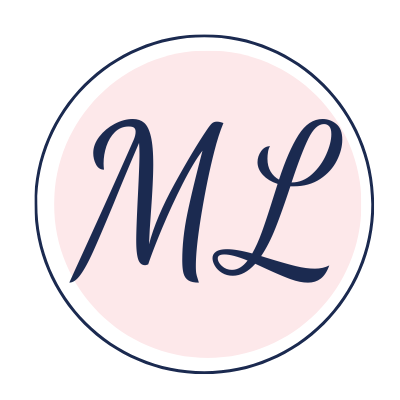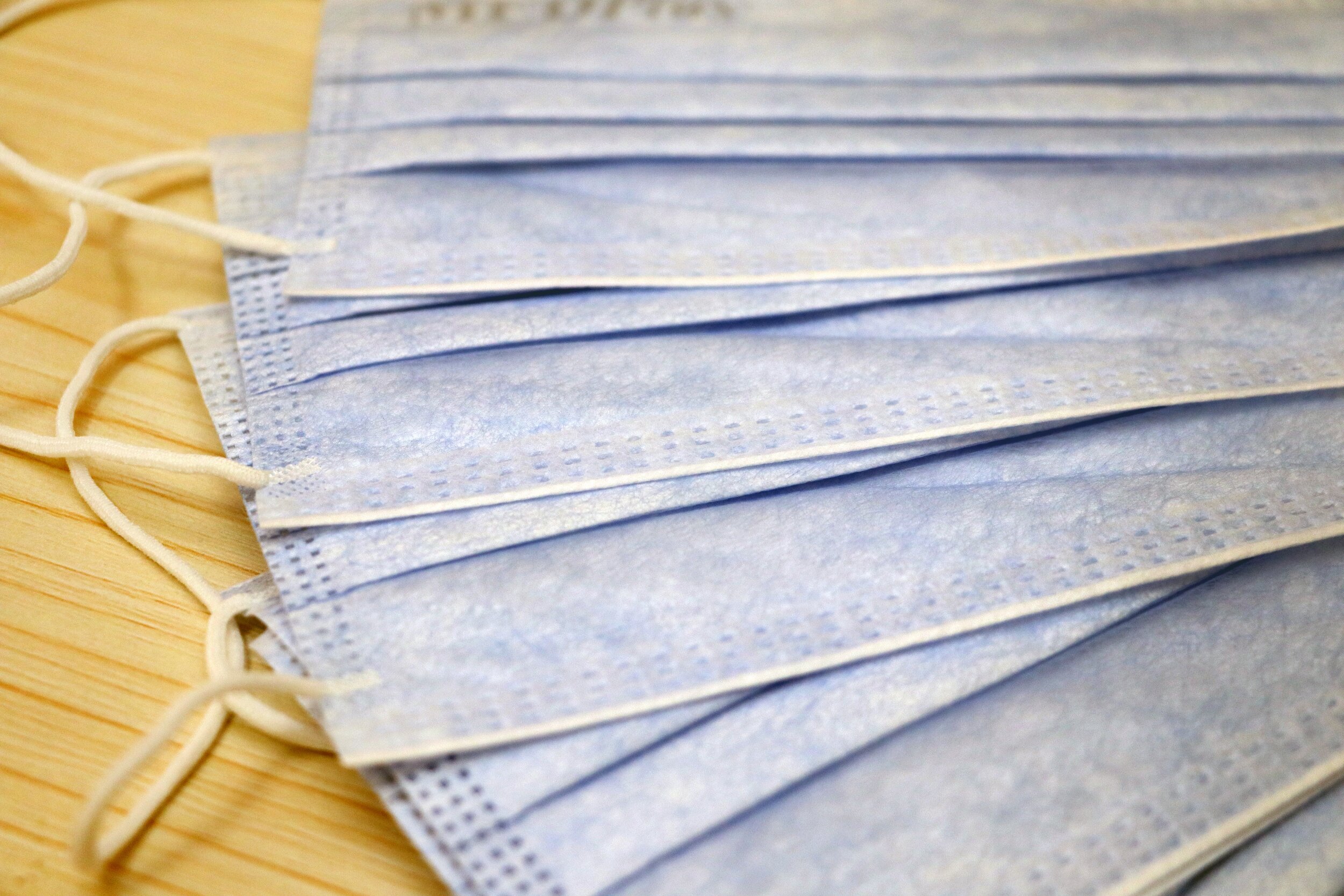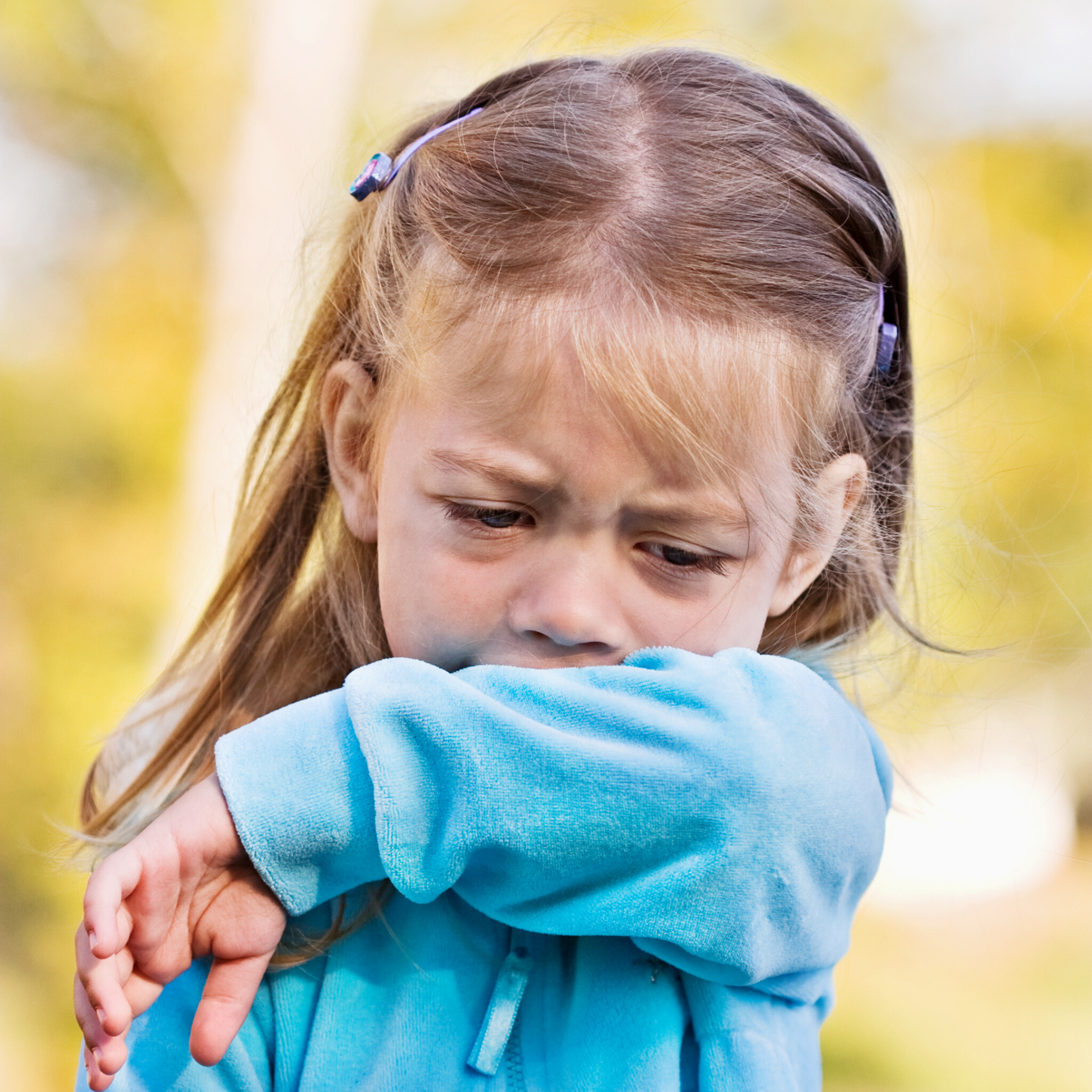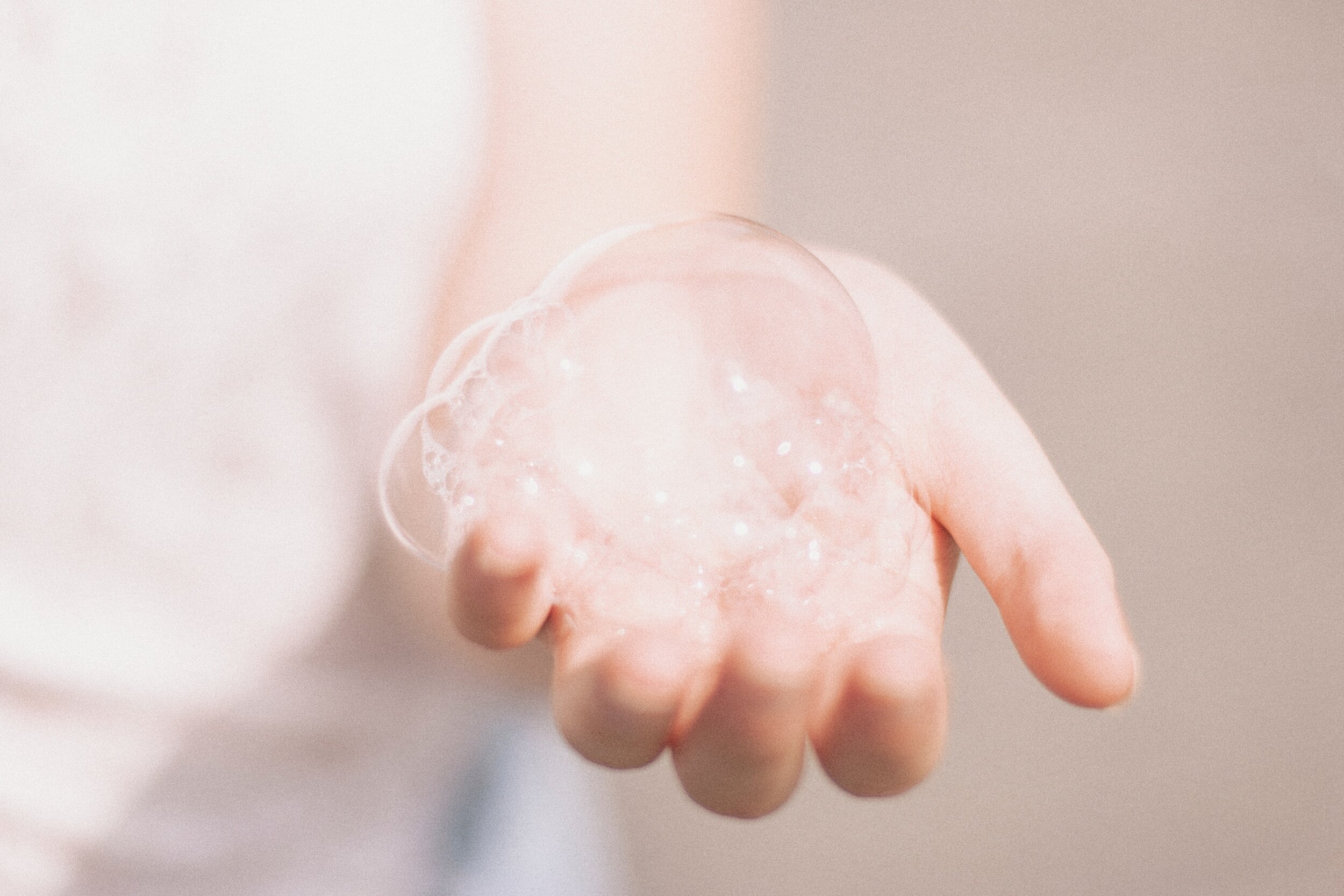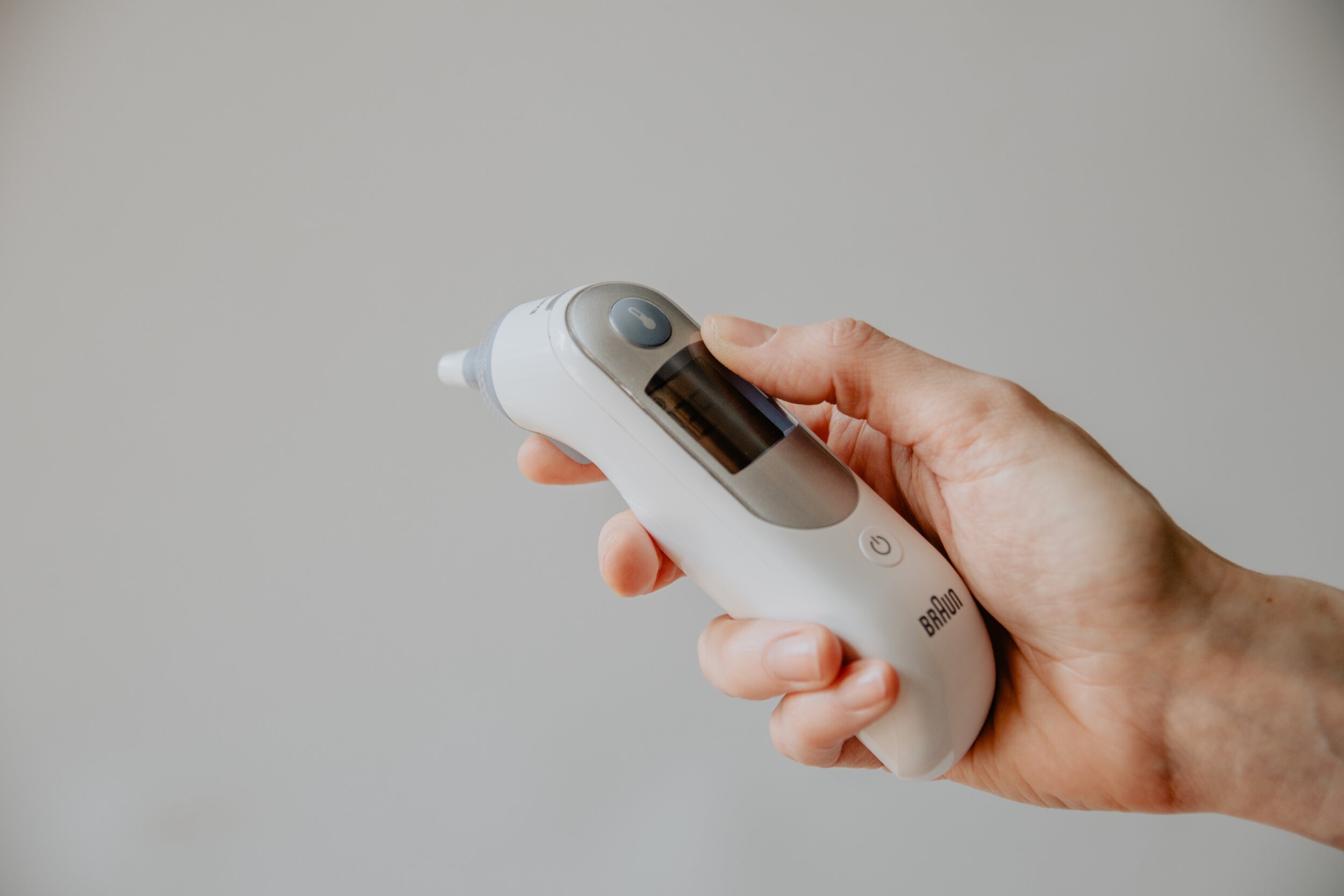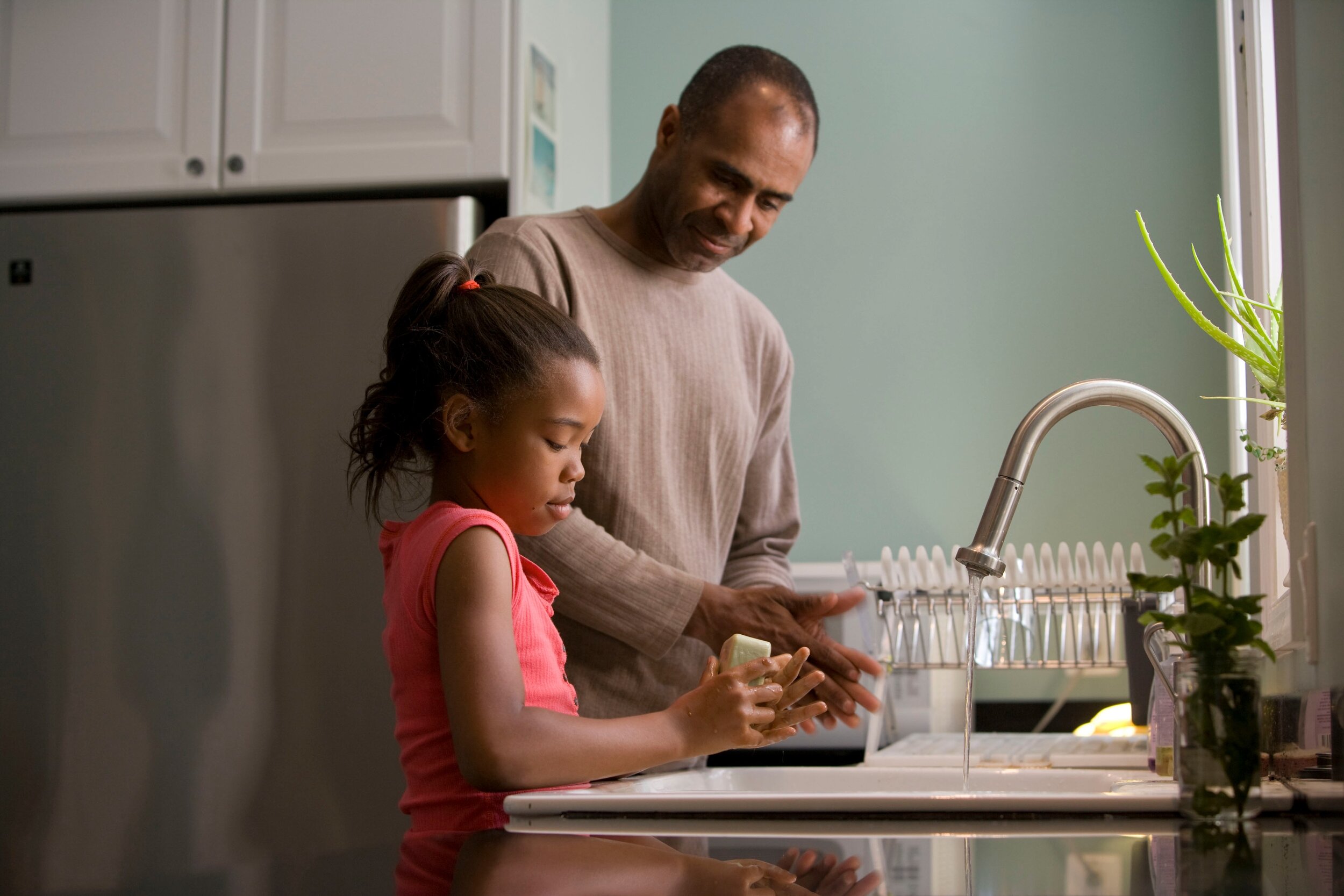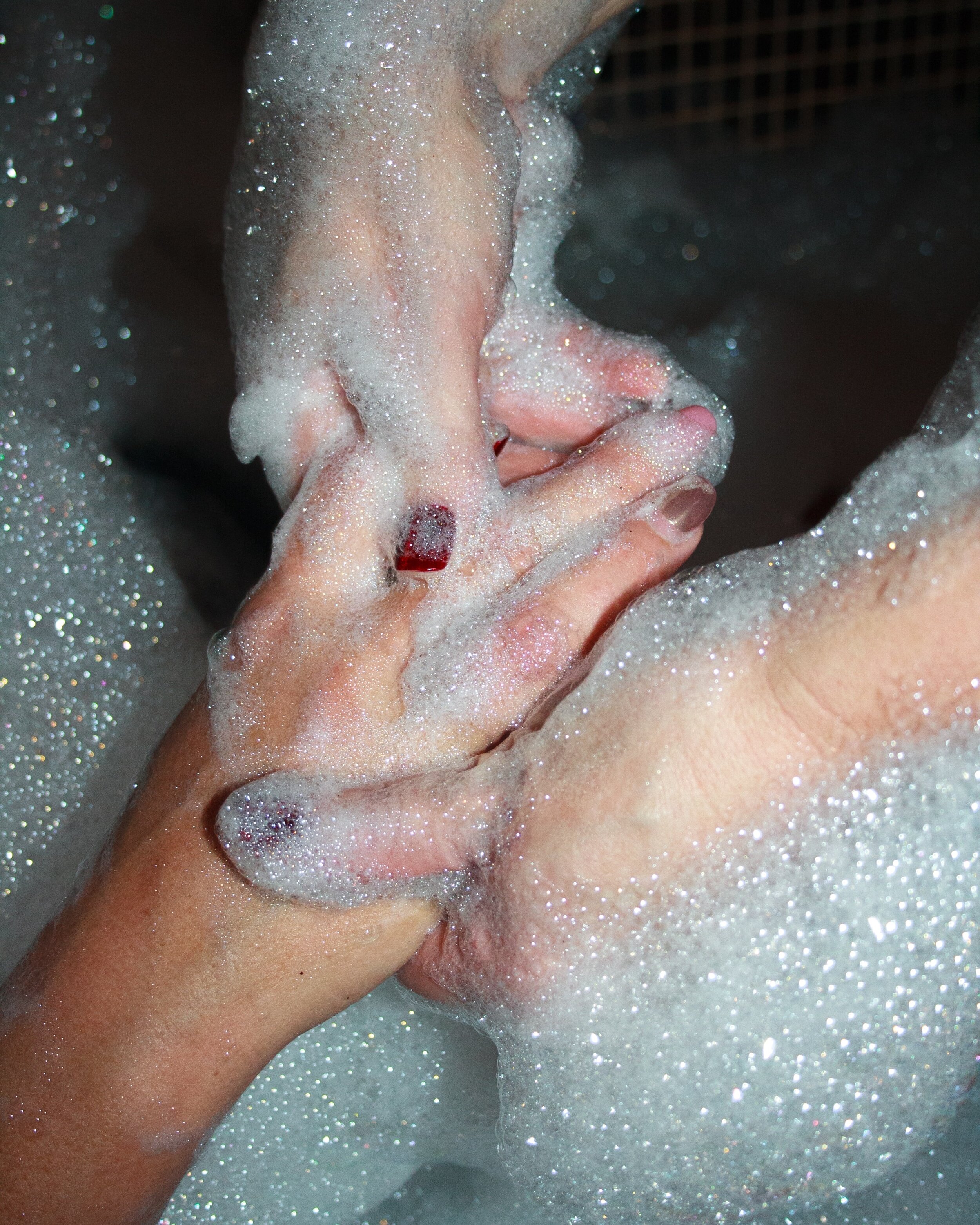Coronavirus (COVID-19) and Infants
Let’s talk about Coronavirus. Specifically, let’s talk about COVID-19 and how it impacts pregnant moms, breastfeeding, healthy newborns and infants in the NICU. This information is meant to be educational, and in no way should be taken as medical advice. If you have questions about COVID-19 and your pregnancy or baby, please contact your physician.
General Information
What is Coronavirus Disease 2019 (COVID-19)?
Coronaviruses are a large family of viruses. Several known coronaviruses infect people and usually cause mild respiratory disease, such as the common cold. However, some coronaviruses have been associated with more serious symptoms, like the Middle East Respiratory Syndrome (MERS) and Severe Acute Respiratory Syndrome (SARS) outbreaks in years past. The virus that causes COVID-19 is a novel coronavirus that was first identified during an investigation into several illnesses in Wuhan, China in December of 2019. COVID-19 is a respiratory illness that can spread from person to person, with the first case of COVID-19 reported in the United States on January 21, 2020.
The virus is thought to spread mainly from person-to-person. This can be between people who are in close contact with one another (approximately 6 feet) and through respiratory droplets produced when someone infected with the virus coughs or sneezes. These droplets can land in the mouths or noses of people who are nearby. People are thought to be the most contagious when they are the sickest (most symptomatic) however some spread might be possible before people begin to show symptoms. A person can get COVID-19 by touching a surface or object that has the virus on it and then touching their mouth or nose. COVID-19 seems to spread easily and sustainably in the community - causing community spread.
What are the symptoms of COVID-19?
The most common symptoms include fever, cough, and shortness of breath. These symptoms may appear 2-14 days after exposure (as estimated by what is previously known from MERS-CoV Viruses). Symptoms can range from mild to severe. For most people who get coronavirus (about 8 out of 10), COVID-19 is a mild illness. In particular, children are the most likely to experience mild symptoms. However, you can get more severe symptoms that require immediate medical attention including difficulty breathing, shortness of breath, pain or pressure in the chest, new-onset confusion or bluish lips.
Why is COVID-19 different than other colds?
COVID-19 is a “novel” infection - a new infection in humans. This means that our immune system is not familiar and inexperienced to this kind of virus (from animals). Our body can be surprised when faced with this kind of infection and people with weaker immune systems (like pregnant women, newborns, and infants) may be at higher risk for having a more severe case.
Prevention
What can you do to reduce your risks?
The single best thing you can do to protect yourself is to avoid people who are sick. Stay away from people who are coughing or sneezing. It is recommended to keep a 6-foot distance if possible.
Wash your hands. This simple act will offer you the best protection. Soap and water for 20 seconds or using a hand sanitizer that contains at least 60% alcohol are best.
If you pick the virus up on your hands, you won’t get infected until you touch your nose or mouth or eyes, so avoid touching your eyes, nose, and mouth with unwashed hands.
Use standard cleaners to keep your home clean.
Avoid travel to high-risk areas when possible. And if you are traveling, wash your hands like you just cut jalapenos and you have to change your contacts!
What can you do to protect others?
Stay home if you are sick. Please.
Cover your mouth and nose with a tissue or cough into your elbow. Be sure to throw your tissues in the trash.
Wash your hands immediately with soap and water after you cough and sneeze.
Wear a facemask if you are sick when you are around other people.
What you do NOT need to do?
You do not need to wear a mask if you are not sick. Masks prevent droplets from your mouth or breath entering the world around you. Wearing a regular mask will likely NOT protect you from others.
Try not to read obsessively about COVID-19. Choose a reputable site to get information. I like the CDC site: https://www.cdc.gov/coronavirus/2019-ncov/index.html
Do not panic. Be prepared and well-informed, but try not to panic.
Moms & Newborns
The CDC has a website dedicated to the most recent information on COVID-19 and pregnant women and children. You can find it at:
https://www.cdc.gov/coronavirus/2019-ncov/specific-groups/pregnant-women-and-children.html
I thought I would highlight a few of the key points, and let you know how it may affect you during a hospital stay for the delivery of your baby.
COVID-19 and Pregnancy
There are no published scientific reports about the susceptibility of pregnant women to COVID-19. However, changes in how your body fights infection while you are pregnant may make pregnant women more susceptible to viral infections, as seen with influenza.
The virus is thought to spread mainly by close contact with an infected person through respiratory droplets. We do not yet have enough data to know for sure if COVID-19 can pass from mother to baby via the placenta. A recent case series out of China tested 35 infants born to infected mothers. None of the infants tested positive for COVID-19 and no virus was detected in the placenta, the amniotic fluid or breast milk.
According to the WHO, an investigation of 147 pregnant women showed that eight percent came down with severe disease and one percent with hospitalized in critical condition.
Current recommendations: pregnant women should continue the usual preventive actions like washing hands and avoiding people who are sick. Additionally, they should notify their MD / Hospital immediately if they have concerns they may be infected.
Treatment is supportive. Some medications are being tested in clinical trials, but pregnant women are excluded from those trials.
COVID-19 and Infants
It remains unknown if infants are at higher risk with COVID-19 infections that other pediatric populations. To date, children have been less severely affected than adults. Secretions and blocking of airways certainly can be a concern for infants with viral illnesses having a more severe course.
The Centers for Disease Control (CDC) and the American College of Obstetrics and Gynecology (ACOG) have both stated that mothers should continue to use their breastmilk if they become ill. In the limited case series reported to date, there has been no evidence of virus found in the breast milk of women with COVID-19. However, we can not say for certain that breast milk is not transmitting the virus. Breast milk provides protection against many illnesses, so keep giving your baby your milk even if you are sick.
Implications for Prenatal / Postnatal Hospital Stays
Hospitals and physicians across the world are trying to create safe environments for both mothers and infants in the hospital as COVID-19 becomes more prevalent. As hospitals put protective measures in place, these measures will impact your hospital stay. Since every hospital may have slightly different policies in place, it is important to know what your physicians and hospitals are recommending. Here are some of the options that are currently being recommended by the CDC and discussed by hospitals and physicians:
COVID-19 positive mothers must be placed in isolation in the hospital. Moms will be required to wear protective equipment including a mask to avoid transmission to staff and others. (I’ll be honest - the idea of pushing with a mask on seems awful).
Infants born to COVID-19 positive mothers should be tested for COVID-19.
For healthy term infants, consider separating mom and baby until precautions for mother are no longer needed (No fever, Improving respiratory symptoms, Nasal viral swab x 2 negative). If separating mom and baby is not possible, mom should use gown, glove, eye protection, and mask while caring for the baby.
Encourage moms to wash their hands and wear a mask before any interaction with their infant.
Moms who want to breastfeed should be encouraged to pump and feed the baby with a bottle to avoid close contact and possible viral spread via droplet from mom to baby.
Implications for Infants and Families in the NICU
Most Labor and Delivery Units, Post Partum Units and NICUs have created stricter visitation policies. No children, only parents (or the 2 “banded” people with the birth bands).
Mothers who are COVID-19 positive will not be allowed to visit the NICU. COVID-19 exposed individuals will not be allowed to visit the NICU. Units are working on ways to ensure families can see their babies via technology while strict visitor restrictions are in place.
Consider the use of donor breast milk in premature infants while mom is actively ill with COVID-19.
Over the next few weeks to months, I expect the outbreak to evolve and the recommendations from the CDC and hospital systems to evolve and change. While your delivery and NICU experience might be altered by COVID-19, please know that all hospitals and health care workers are trying to keep moms and infants safe.
